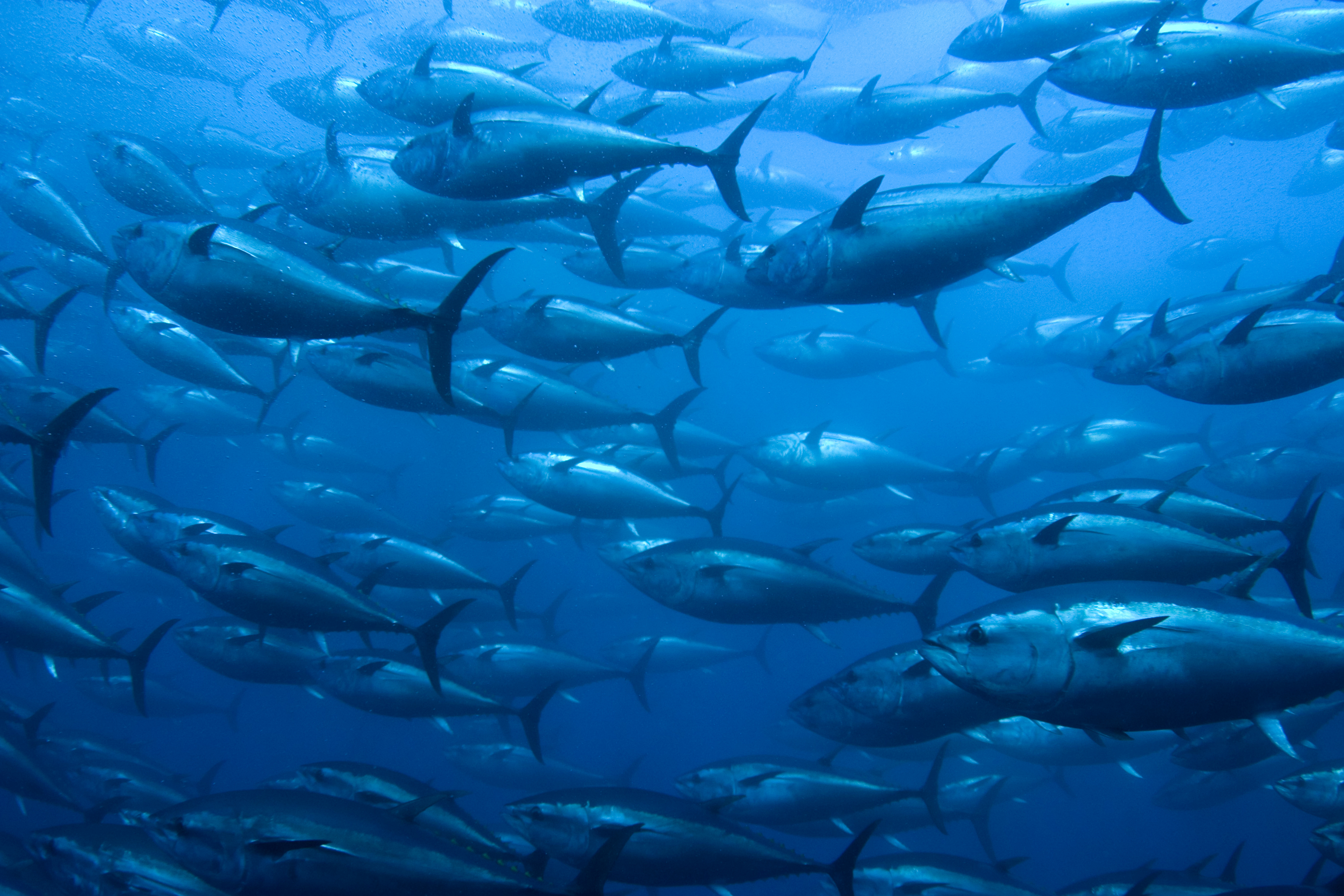An Assessment of the Fuel Use Intensity of the Pacific Bluefin Tuna Fattening Operations in Mexico
With the industrialization of fishing practices, many global fish stocks have been over-fished either to or near the point of collapse. At present, both open and closed-cycle aquaculture operations exist as a means of supplementing the supply of seafood to match the growing global demand, with this trend continuing into the foreseeable future. As the aquaculture industry continues to grow, recent studies and Life Cycle Assessments have emerged that attempt to characterize the industry in terms of its social, economic, and environmental sustainability. Frequently aquaculture operations require massive inputs in the form of energy, both biotic and abiotic, resulting in large fixed costs and the still-troubling effect of fishing down the trophic web to supply feeds. For this project I will be attempting to assess the energy inputs in terms of fuel, or fuel use intensity (FUI), associated with the Mexican pacific Bluefin tuna Fattening operations, from the point of capture to the end of the fattening process.

Marine Biology/Economics – Honours Student
Geordie Finlayson
Principal Investigator
Dalhousie University
Email: geordie.finlayson@dal.ca
Phone: 647-921-0827
SUPERVISORS
Boris Worm (Dalhousie University)
TYPE/STATUS OF PROJECT
Scientific research (Winter 2015)
Contact Information
Principal Investigator
Boris WormProfessor
Dalhousie University
Phone: +1 902-494-2478
Email: bworm@dal.ca

